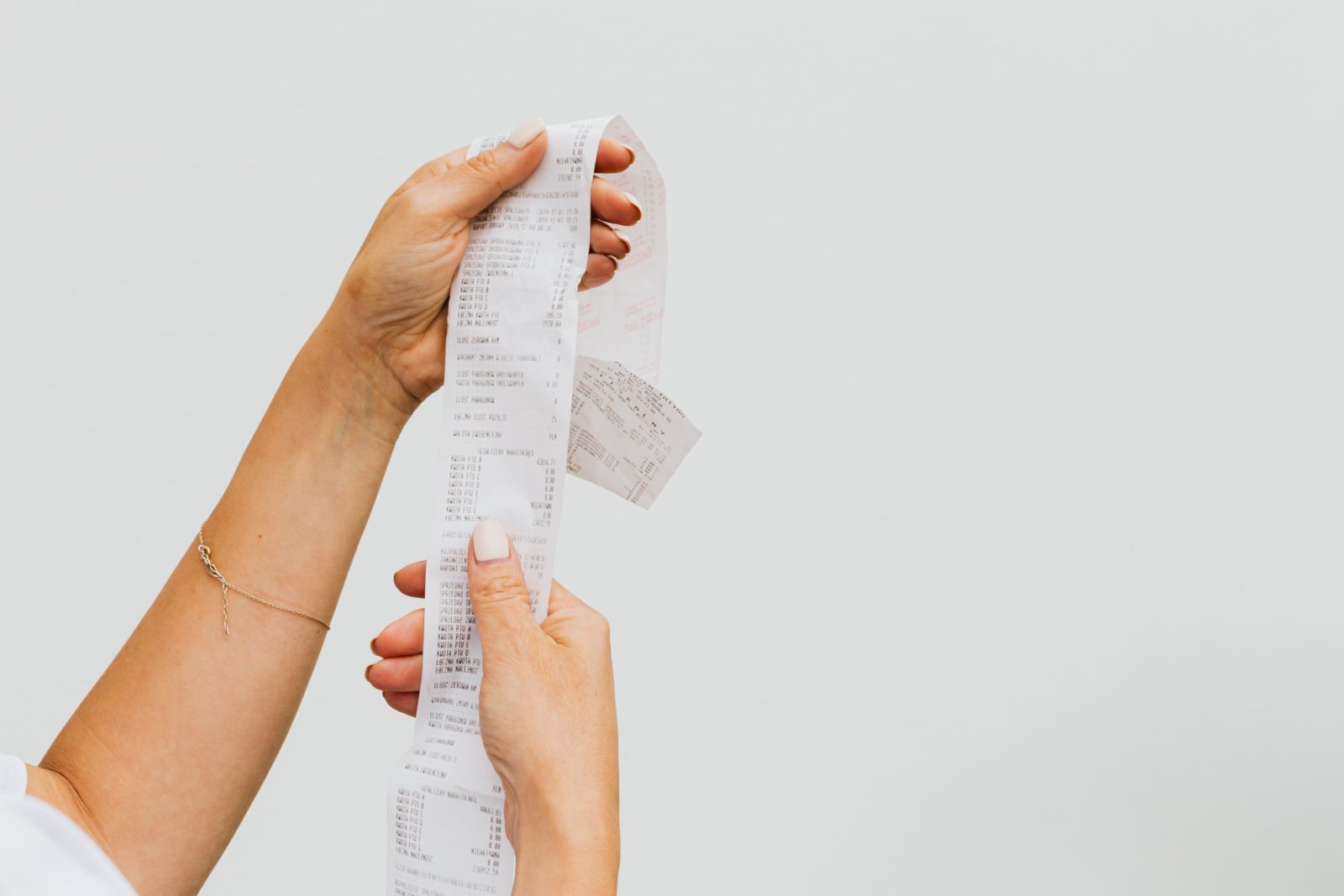As the prices of goods, particularly food, continue to rise and real wages decline, Czechs change their shopping behaviors. They are increasingly seeking discounts, limiting purchases of non-essential items, and stocking up on cheaper goods.
According to a recent study by employee benefits provider Up Czech Republic, two-thirds of people with a discount flyers have been using them for some time, and another fifth have started doing so in the last year.
Customer loyalty programs are also popular among Czechs, with 86% of people using them and 14% starting in the last year.
The decline in real wages is even worse in the Czech Republic than in any other European Union country, according to the German platform Statista. The country saw an 8.3% decline in wages last year, compared to 4.2% in Austria, which came in second.
As a result of the economic crisis, Czechs are taking additional measures to relieve their budgets. The most significant change is the restriction of purchases of non-essential items, including sweets, snacks, and decorative items. Three out of ten people have adopted this approach, and two-thirds of people already shop for only necessities, with another 14% considering it.
The study also found that one in four people have stopped or reduced their use of some services, such as food delivery, taxis, and even hair salons or massages.
“Many employees feel like they are working just to pay their bills. They do not have the money for some joys and cannot afford their favorite activities. Unfortunately, this already negatively affects their mood, motivation, fatigue, and overall mental and physical condition,” said Stéphane Nicoletti from Up Czech Republic.
Saving is also possible by buying goods on sale that you do not necessarily need right away and stocking up. According to the survey, three-quarters of people do this, with one-fifth adopting the practice in the last year.
Nearly two-thirds of Czechs, one-fifth in the last year, focus on discounted goods close to their expiration date to save money. Three-fifths of Czechs limit their purchase of alcohol or cigarettes. Less than half of Czechs have resorted to buying secondhand goods to save money and shopping at cheaper, typically Asian e-shops.
More than a third of people buy in cheaper border regions. However, more than 30% of respondents admit this option is unrealistic, mainly due to the extended distance from the border. This percentage will be even higher in border regions, Nicoletti added.





